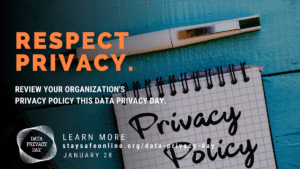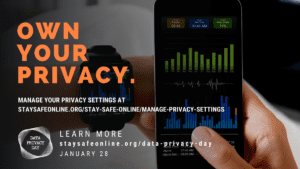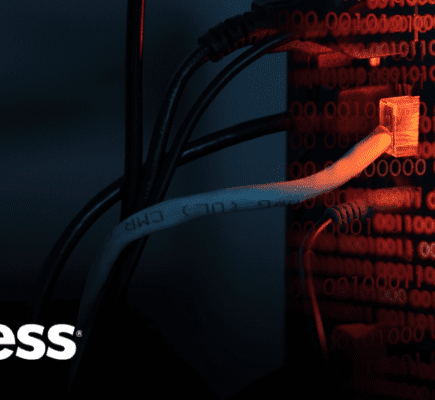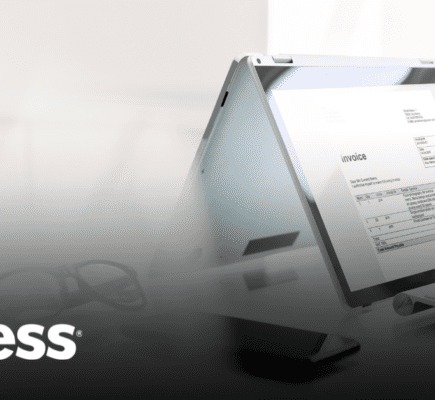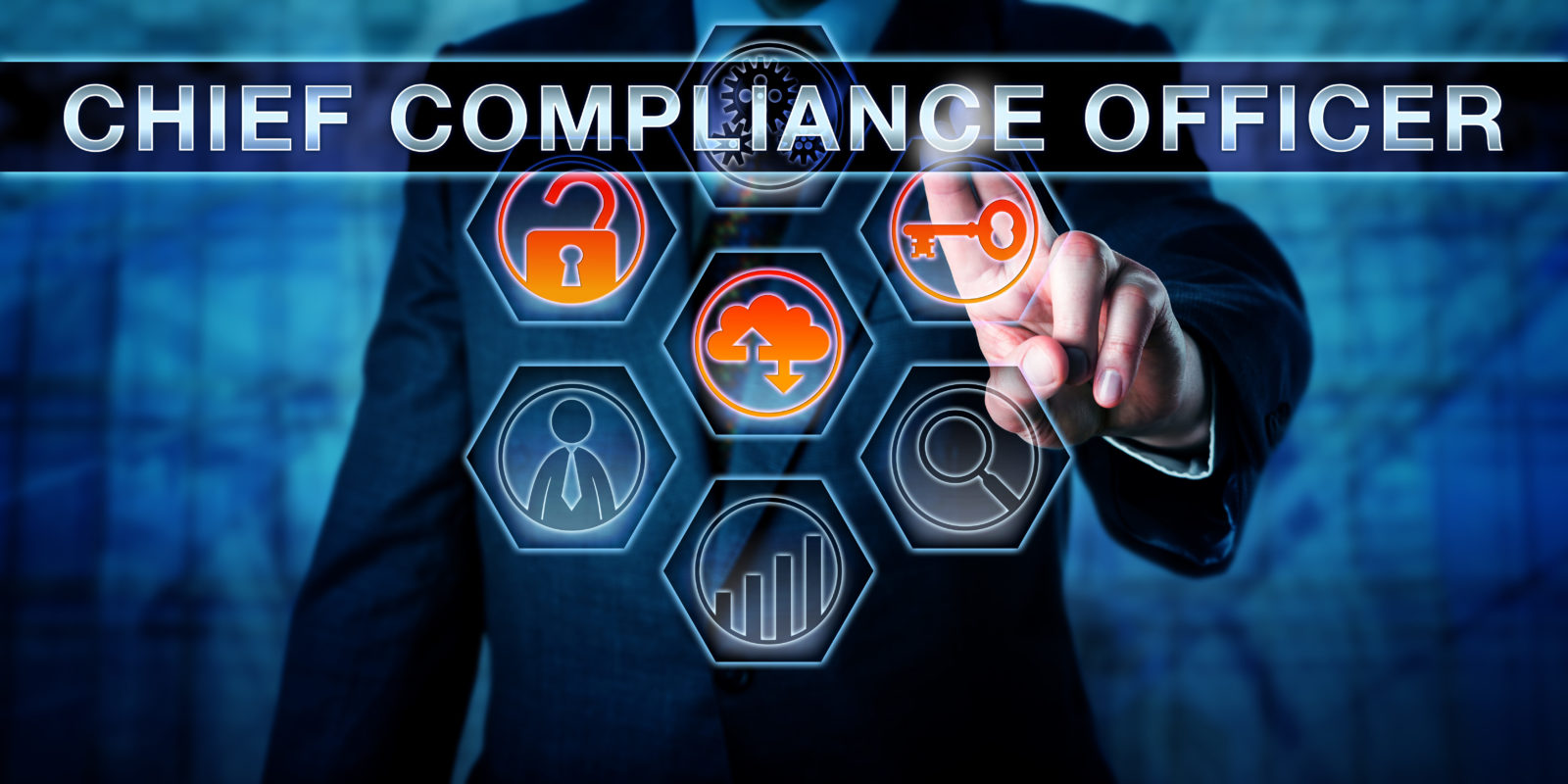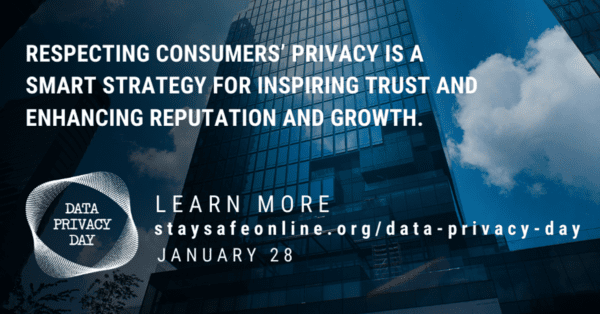
Data Privacy Day is a global effort that takes place annually on January 28th. It aims to generate awareness about the importance of privacy, highlight easy ways to protect personal information and remind organizations that privacy is good for business. Data Privacy Day is designed to inspire dialogue and empower individuals and companies to take action on the way personal information is collected, stored and used.
Data Privacy Day began in the United States and Canada in January 2008 as an extension of the Data Protection Day celebration in Europe. Data Protection Day commemorates the Jan. 28, 1981, signing of Convention 108, the first legally binding international treaty dealing with privacy and data protection.
Access is dedicated to this cause. To continue supporting the campaign and raising awareness of the importance of safeguarding consumer data, Access has just re-registered as a 2021 Data Privacy Champion. As a Champion, Access recognizes and supports the principle that all organizations share the responsibility of being conscientious stewards of personal information.
Data privacy Champions represent those dedicated to empowering individuals and encouraging businesses to respect privacy, safeguard data and enable trust. At Access, we fully embrace this important campaign and our role as Champions. We are proud to help further facilitate awareness and education on the topic and we hope that a blog like this helps readers to appreciate it as well.
This year, the National Cyber Security Alliance (NCSA) is encouraging individuals to “Own Your Privacy” by learning more about how to protect your valuable data online, and encouraging businesses to “Respect Privacy”, which advocates for holding organizations responsible for keeping individuals’ personal information safe from unauthorized access and ensuring fair, relevant and legitimate data collection and processing.
For Businesses – Respect Privacy
If you collect it, protect it.
Data breaches can not only lead to great financial loss, but a loss in reputation and customer trust. Businesses should have security measures in place to keep individuals’
personal information safe from inappropriate and unauthorized access. Be sure that the personal data collected is processed in a fair manner and only collected for relevant and legitimate purposes.
Transparency builds trust.
Be open and honest about how you collect, use and share consumers’ personal information. Think about how the consumer may expect their data to be used and design settings to protect their information by default. Communicate clearly and concisely to the public what privacy means to your organization and the steps you take to achieve and maintain privacy.
Maintain oversight of partners and vendors.
If someone provides services on your behalf, you are also responsible for how they collect and use your consumers’ personal information.
For Individuals – Own Your Privacy
Personal information is like money: Value it. Protect it. 
Personal information, such as your purchase history, IP address, or location, has tremendous value to businesses – just like money. Make informed decisions about whether or not to share your data with certain businesses by considering the amount of personal information they are asking for, and weigh that against the benefits you may receive in return.
Keep tabs on your applications.
Many apps ask for access to personal information, such as your geographic location, contacts list and photo album, before you can use their services. Be thoughtful about who gets that information, and wary of apps that require access to information that is not required or relevant for the services they are offering. Delete unused apps on your internet-connect devices and keep others secure by performing updates.
Manage your privacy settings.
Check the privacy and security settings on consumer web services and apps and set them to your comfort level for information sharing. Each device, application or browser you use will have different features to limit how and with whom you share information.
Following is some interesting information about data privacy in the United States:
U.S. Consumer Facts & Figures
- 84% say they want more control over how their data is being used. (Cisco)
- 81% say the potential risks they face from data collection by companies outweigh the benefits. (Pew)
- 92% are concerned about their privacy when they use the Internet. (TrustArc)
- 65% say data privacy is one of the biggest issues our society faces. (Morning Consult)
- 63% say most companies aren’t transparent about how their data is used. (Tableau)
- 54% say companies don’t use data in a way that benefits them. (Tableau)
- 92% say companies must be proactive about data protection. (PwC)
- 64% would blame the company—not the hacker—for the loss of personal data. (RSA)
- 88% say their willingness to share personal data is based on how much they trust a company. (PwC)
- 48% say they have stopped buying from a company over privacy concerns. (Tableau)
For more resources on data privacy, check out our Data Privacy Day 2021 Hub!

